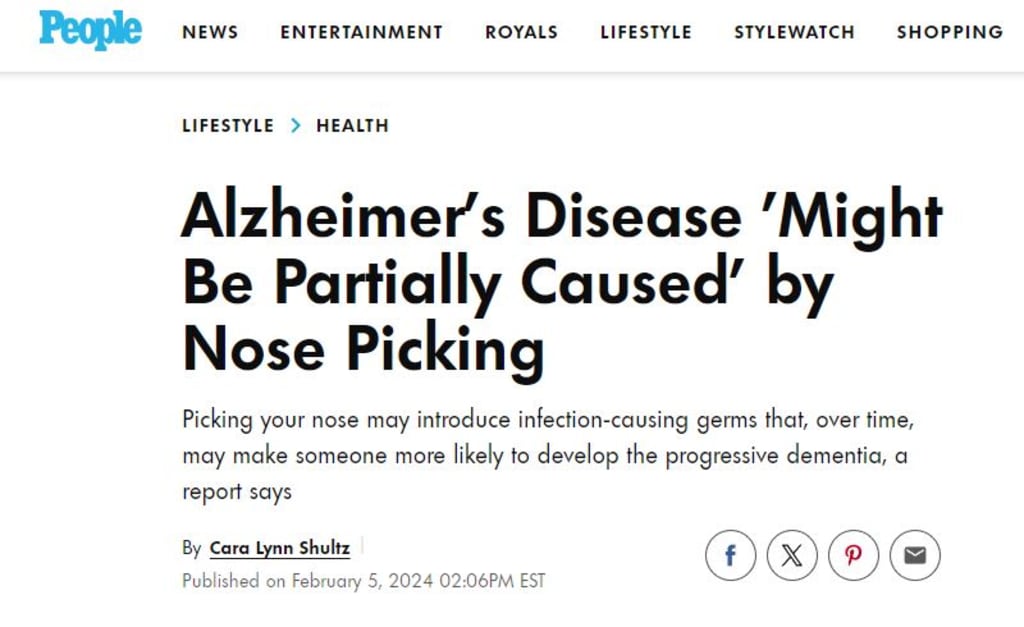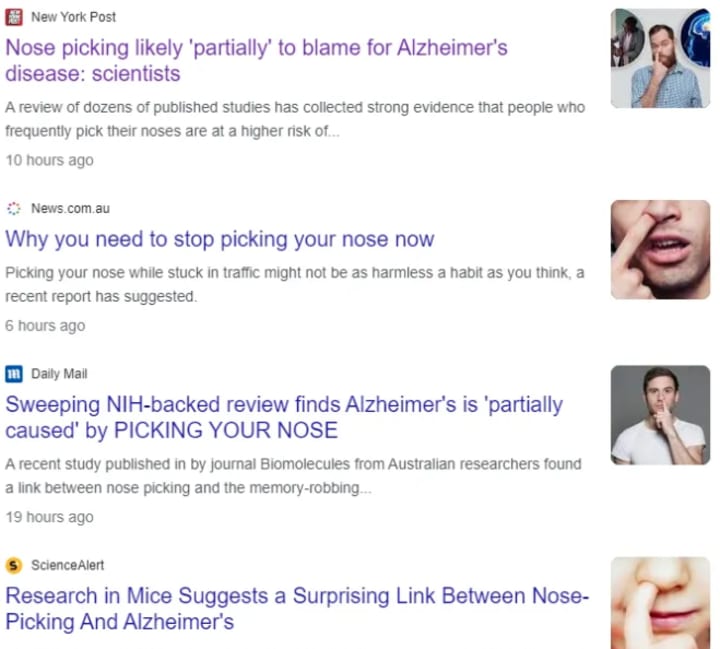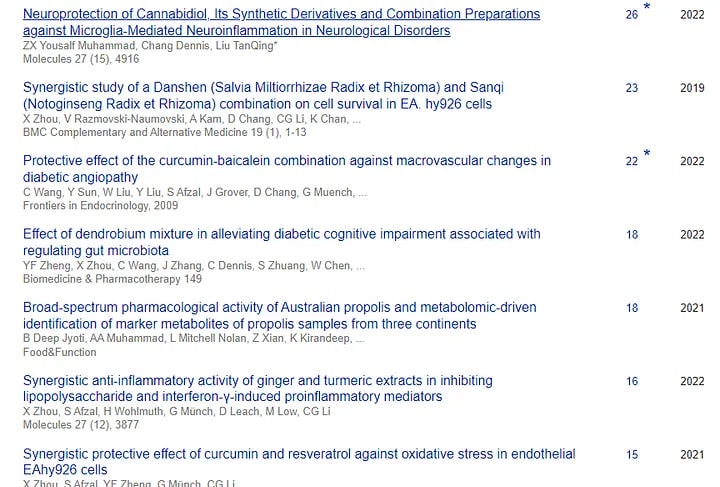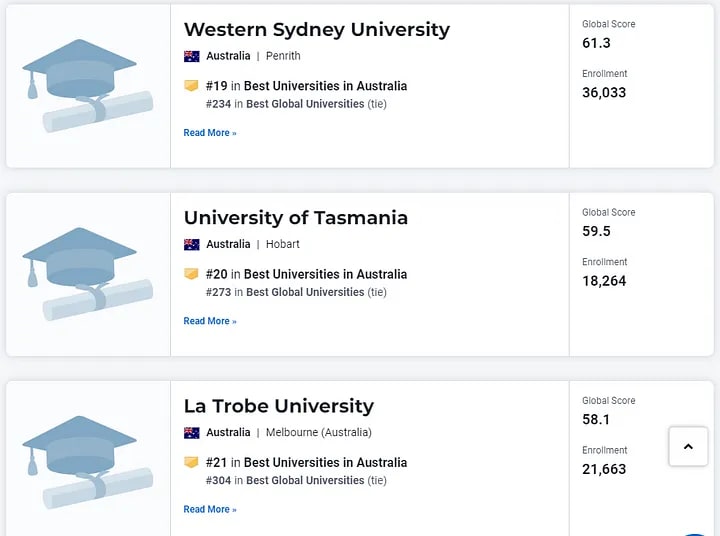Picking Your Nose Could Kill You — How Fake News Is Made
A deep dive

I read a scary headline, and clicked on the link.
Mostly because I am hiding a shocking secret, I pick my nose.
In fact, researchers say in surveys, 91% of people admit to picking their nose daily. That is hard science, proven with statistics.
What is not hard science is the idea that picking one’s nose could cause Alzheimer.
Clickbait — an internet story, title, image, etc. that is intended to attract attention and encourage people to click on a link.
Cambridge Dictionary
The lack of scientific evidence didn’t stop media outlets toppling like dominoes to fall for the fake news story. Some took a step further to make it sound even more credible. The Daily Mail called it a “Sweeping NIH-backed review”.

It didn’t take much digging (=clicking the link in the New York Post) to find out the origin of this ‘finding’, is a post-doctoral research assistant at a low ranked university in Australia who published a paper in a free to read online research journal.
In fact, she publishes so many 'findings', that it became clear she doesn’t do any actual research. She simply reads other people's scientific papers and writes her own conclusion for them. That is called a “meta study” in the scientific world.
Chinese born Xian Zhou does have some interesting research interests. She moved to Australia to study “Herbal Medicines” at the University of Sydney.

A link to her numerous studies about Chinese Herbal medicine and the benefits of Tai Chi for diabetes:
https://scholar.google.com.au/citations?user=07p2ACAAAAAJ&hl=en
Her most recent research paper was the Neuroinflammatory Effects of marijuana gummies, and about the therapeutic effects of such things as Australian flowers, ginger, and honey bee pollen.
I'm sure she's a nice person, and I'd like to have some ginger and honey tea, but this doesn't exactly read like the cutting edge of Alzheimer's research:

**
Interestingly, Joyce Siette, another researcher at the same university, published an article in The Conversation last year, debunking the whole concept:
**
But I’m all for equality. Isn’t it cool, the world’s top media outlets run a headline written by a research assistant at the #19 university in Australia, all because she has a “PhD” in her name.
People like this also had a lot of great information about Vaccines and Ivermectin, didn’t they?

**
Link to the scientific sounding mumbo jumbo in the free to read "scientific journal" biomolecules, which started the ball rolling:
**
ChatGPT explains clickbait:
Fake news clickbait works by using sensational or misleading headlines and content to attract readers and generate clicks. The goal is to drive traffic to a particular website or article, often for the purpose of generating advertising revenue or spreading misinformation.
These clickbait headlines are designed to provoke curiosity or outrage, often by exaggerating or distorting the truth. They may use shocking or emotionally charged language to grab the reader's attention, regardless of the accuracy of the information. Once a reader clicks on the headline, they are directed to a website where the content may not match the sensational claims made in the headline.
Fake news clickbait often plays on people's emotions and biases, exploiting their desire for sensational or controversial information. It can spread quickly through social media platforms, where users share and engage with provocative content without verifying its accuracy.
By generating high levels of traffic and engagement, fake news clickbait can contribute to the spread of misinformation and disinformation, potentially influencing public opinion and undermining trust in reliable sources of news and information. It's important for readers to critically evaluate the sources and content they encounter online to avoid falling victim to fake news clickbait.
About the Creator
Scott Christenson
Born and raised in Milwaukee WI, living in Hong Kong. Hoping to share some of my experiences w short story & non-fiction writing. Have a few shortlisted on Reedsy:
https://blog.reedsy.com/creative-writing-prompts/author/scott-christenson/






Comments (5)
Lol, and people wonder why I have trust issues. I take everything on the internet with a grain of salt.
Well said. To be honest, when I recently read that Alzheimer's may be linked to a virus or bacteria, that could be communicable, I wondered about nosepicking. There was a recent news story about someone in Florida having health problems because they put Florida tap water into their NetiPot to rinse their nasal passages and sinuses. They ended up getting some sort of mold or fungus in there. This also makes me think of one of my favorite studies, which I believe came out of UW Madison. Usually they're quoted with the annual pointless study about binge drinking among college students in Wisconsin and nationwide. Pointless because the results are always the same, so why bother doing another. But in this case, a new study, on nosepicking. I think it was from the late 90s, might have been the early 2000s. Quite a thorough study. They asked if people pick their nose, where, when, and what they do with what they find. Study found that most people pick their nose in the car, on Thursday, and they flick it somewhere or put it in a tissue. I was relieved to hear there were few booger eaters out there, though there were some. From that point on, I took note of every time I saw someone picking their nose in public. I worked multiple jobs, one with a long commute, so I was in the car a lot. Sure enough, most of the time I saw them in the car, on a Thursday!
I'm not a fan of Fox News but at least Tom Shillue has a sense of humor about this clickbait headline: https://x.com/ajwimsatt/status/1754723295444799947?s=20
Thank you for a message that needs to be put on repeat for too many people. And remember: You can pick your friends. You can pick your nose. But you can't pick your friend's nose. 👃
An ocean of nonsense is poured onto the web every day; you have revealed how whacky and unworthy of attention it is, while shielding rhinotillexomaniacs from Alzheimer's anxiety! Kudos!